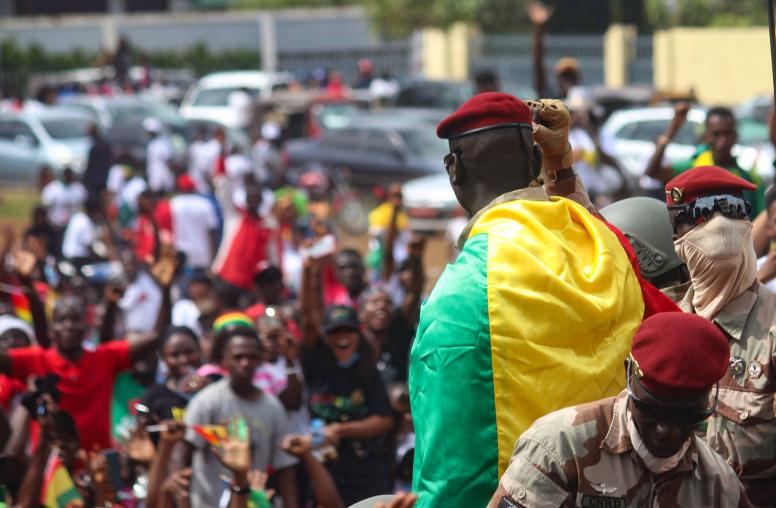Negotiations, Continued: Ensuring the Positive Performance of Power-Sharing Arrangements
Most negotiated peace settlements since the 1990s have featured some aspect of power sharing, including those in Northern Ireland, Burundi, Bosnia, and Nepal. However, by freezing a sometimes unstable status quo, power sharing can create challenges to maintaining peace over the longer term as issues arise that rekindle enmity or create new suspicions among the parties. This report argues that power-sharing arrangements can be made more durable by providing robust forums, either permanent or ad hoc, that allow parties to resolve differences as they arise and to reaffirm their commitment to peace.

Summary
- Political power sharing is an effective and frequently used approach to end intra-state armed conflicts. Current cases of high-stakes negotiations that use this approach include those in Afghanistan and Yemen.
- However, power sharing can create challenges for maintaining peace in the medium to long term. Peace practitioners face a particular dilemma in their efforts to support power-sharing arrangements beyond the immediate transitional period after a peace agreement.
- To address this problem, practitioners will need to rethink mental models as well as practical approaches in peace processes. In particular, this will involve abandoning thinking of peace processes in terms of clearly defined phases, in which a negotiation phase is followed by an implementation phase with a peace agreement marking the transition between the two. Peace agreements are not in fact the end point, but often the beginning of protracted negotiated war-to-peace transitions.
- The prospects for a power-sharing arrangement’s long-term success increases when conflict parties have forums for continued negotiation after a peace agreement has been concluded. Ongoing negotiations in these forums help to resolve newly contentious issues, address issues omitted or left ambiguous in the agreement, adapt a peace process to new power configurations, and pave the way for parties to entrench their commitment to peace in postconflict constitutions.
- International and domestic third parties can support postagreement negotiations in different ways, including by incentivizing compromise, mediating between the parties, and supporting dialogue mechanisms at the local and national levels.
About the Authors
David Lanz is co-head of the mediation program at swisspeace, a practice-oriented peace research institute located in Bern and Basel, Switzerland. Laurie Nathan is director of the mediation program at the Kroc Institute for International Peace Studies at the University of Notre Dame. Alexandre Raffoul is an associate researcher in swisspeace’s mediation program.
About the report
This report examines the long-term performance of power sharing as an approach to ending intra-state armed conflicts. It argues that providing and fostering forums for continued negotiations after a peace agreement has been concluded is crucial to ensuring the long-term, positive performance of power-sharing arrangements. The report is based on a research project funded by USIP and run by swisspeace with the support of the Kroc Institute at Notre Dame.



